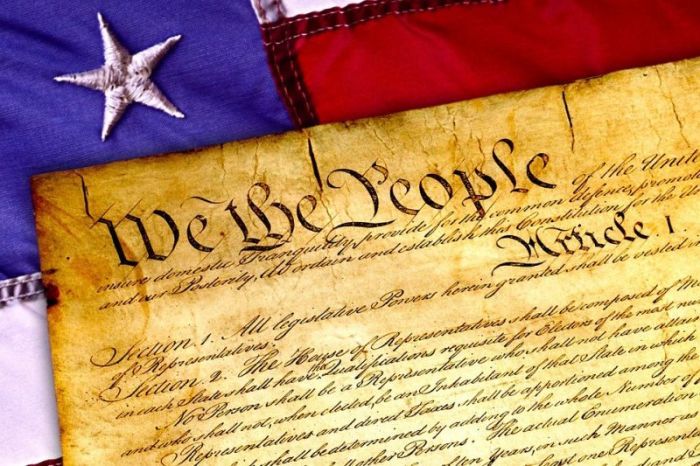Wayne Grudem, Babylon Bee CEO join 15,000 to sign statement supporting civil debate, rejecting 'cancel culture'

A statement aimed at advocating for civil discourse and rejecting “cancel culture” has garnered increased support, with theologian Wayne Grudem and Babylon Bee CEO Seth Dillon signing the document.
Known as the “Philadelphia Statement,” the document was released in August and has been signed by a diverse coalition of scholars, legal experts and faith leaders.
In a statement released Tuesday, Dillon explained that he signed the Philadelphia Statement because he believes that “the freedom to write and share satire is in jeopardy.”
“The censorship and ‘fact-checking’ encountered by The Babylon Bee has shown that an alarming number of cultural gatekeepers can’t take a joke. To shield themselves from criticism, they’ve disingenuously lumped us in with fake news and sought to suppress our satire on that basis,” stated Dillon.
“That’s why I signed the Philadelphia Statement—free speech isn’t just a government issue. In the face of cancel culture, it’s on every one of us to recommit to free speech for everyone, including those we with whom we disagree.”
The statement has been championed by Alliance Defending Freedom, a conservative law firm whose leadership were among the first signatories of the document.
“Amid increasingly visible threats to these principles, it is encouraging that so many Americans are lending their voice to protect the fundamental value of free speech,” stated ADF Senior Counsel Jeremy Tedesco.
“We’re committed to a better way forward that respects the timeless principles of freedom enshrined in the Constitution, and we invite our fellow Americans to join the growing movement to protect civil discourse and free speech.”
Released in August, the Philadelphia Statement repudiates the existence of “social media mobs,” “cancel culture,” and “campus speech policing” as a threat to the constitutional freedoms.
“Truly open discourse—the debates, exchange of ideas, and arguments on which the health and flourishing of a democratic republic crucially depend—is increasingly rare,” read the statement.
“If we seek a brighter future, we must relearn a fundamental truth: Our liberty and our happiness depend upon the maintenance of a public culture in which freedom and civility coexist—where people can disagree robustly, even fiercely, yet treat each other as human beings—and, indeed, as fellow citizens—not mortal enemies.”
It warns that any society which “allows people to be shamed or intimidated into self-censorship of their ideas and considered judgments will not survive for long.”
Other notable signatories include Russell Moore, president of the SBC Ethics & Religious Liberty Commission; Ayaan Hirsi Ali, research fellow at the Hoover Institution; Robert P. George, professor of jurisprudence at Princeton University; Robert Shibley, executive director of the Foundation for Individual Rights in Education; Rabbi Pesach Lerner, president of the Coalition for Jewish Values; and Nina Shea, director of the Center for Religious Freedom at the Hudson Institute.
According to Merriam-Webster, “cancel culture” is aimed at boycotting or censoring a person, usually a public figure, for past controversial remarks or actions.
The dictionary site traces the term back to the #MeToo movement and African-American twitter users, who wanted to cut support to celebrities who had done questionable things in the past.
“There is a performative aspect to canceling, one that (it could be argued) paradoxically amplifies that which it seeks to squelch, if only for the moment,” explains the dictionary website.
“To cancel someone publicly often requires broadcasting that act, which then makes the target of one’s canceling a subject of attention. The objective behind canceling is often to deny that attention, so that the person loses cultural cachet.”
Some, including progressive communications strategist Camonghne Felix, have argued that “cancel culture” is a valuable way to hold prominent people accountable for their actions.
“How else do we, the public, [who are] largely powerless in the everyday execution of systems of value, moderate society without something like cancel culture?” Felix told Vice News in an interview last year.
“Where we can point out in real time the attitudes that perpetuate violence and call them out? That said, does cancel culture work? I don’t know, but it’s what we have. I think it helps mobilize people and direct intentions toward better legislative possibilities.”
So far, 15,386 people have signed the Philadelphia Statement as of Friday morning.




























